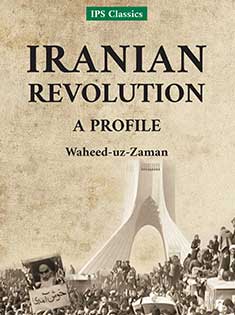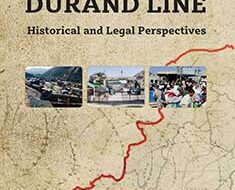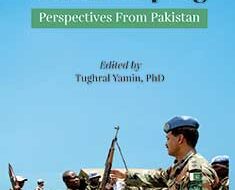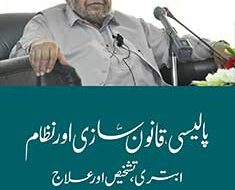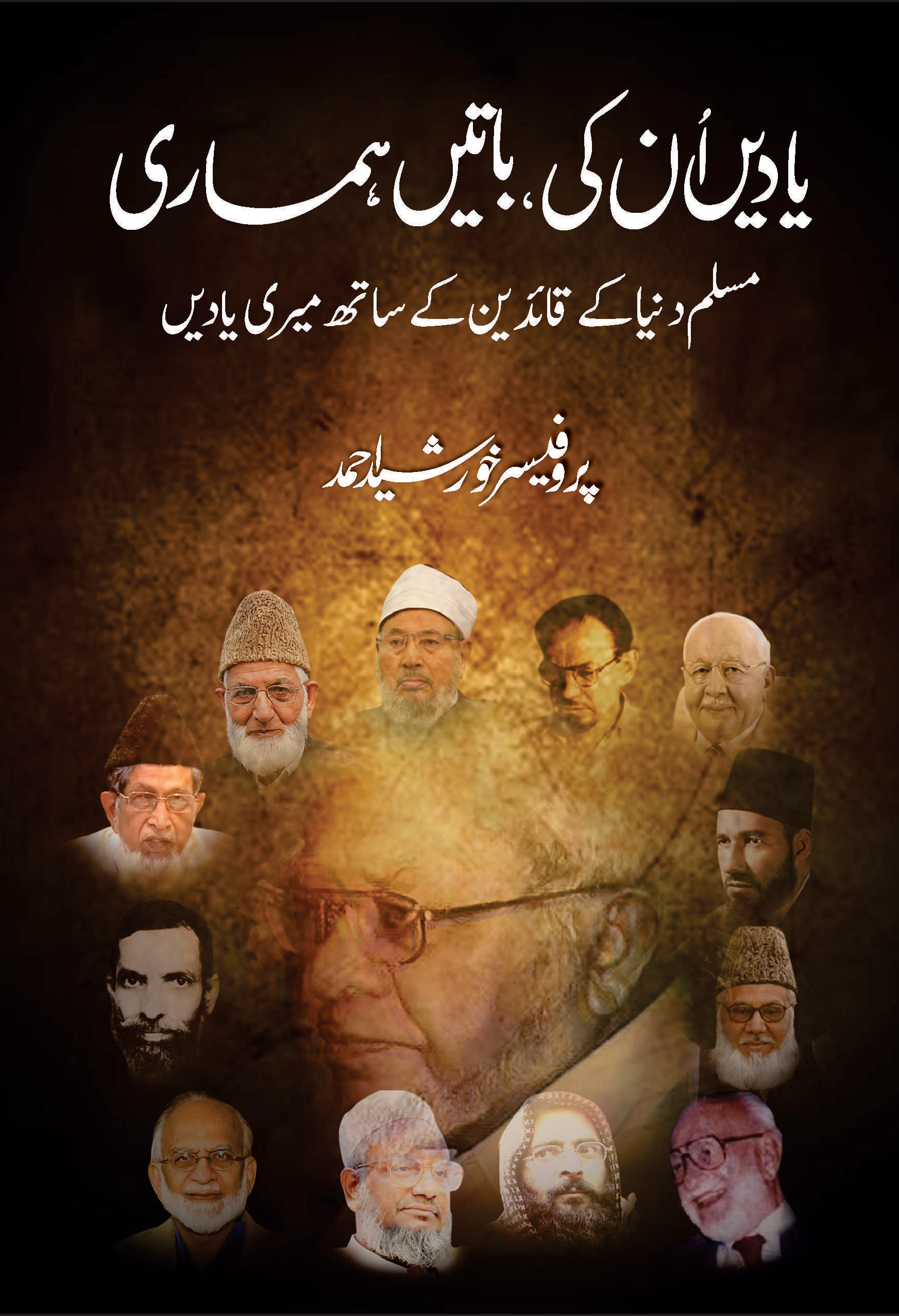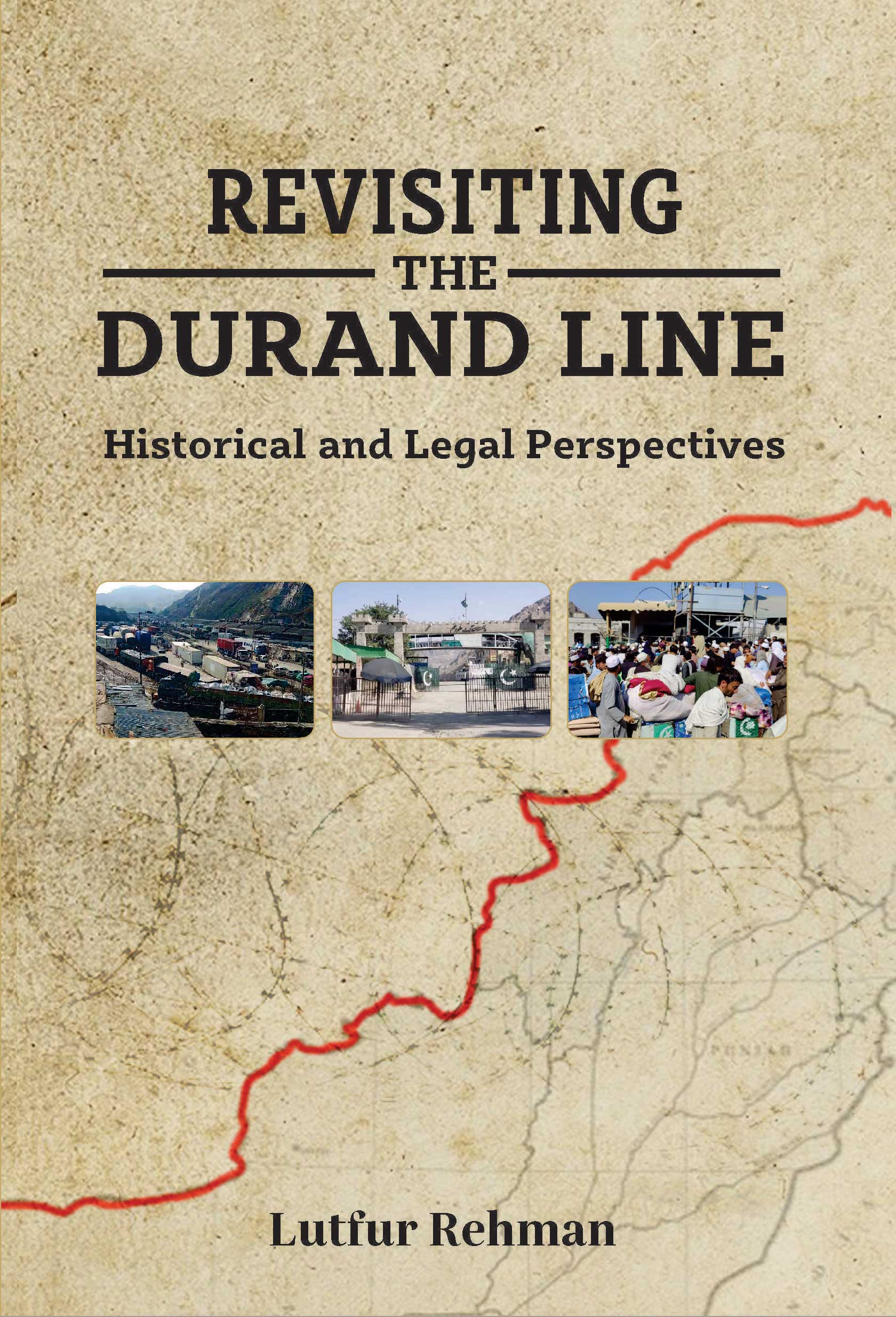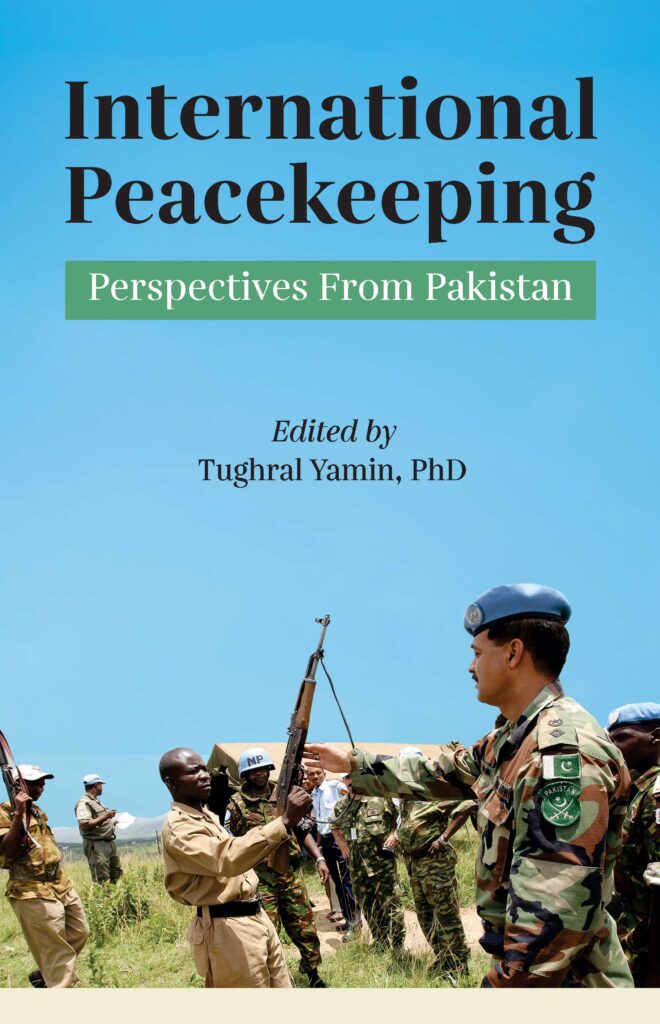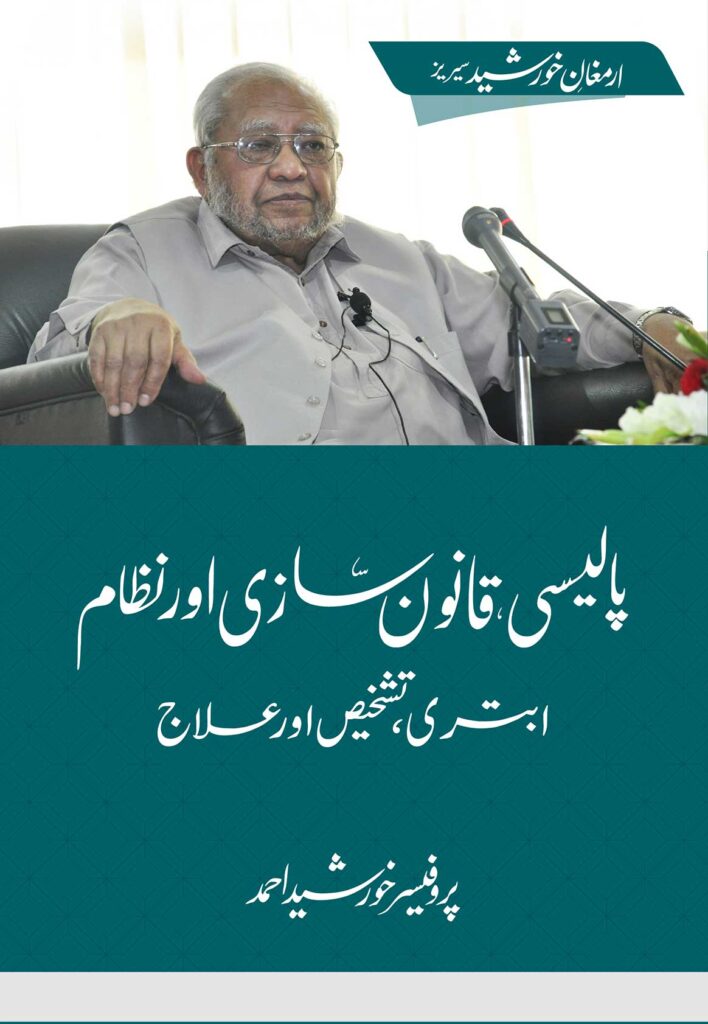Iranian Revolution: A Profile
| Author: Waheed-uz-Zaman Binding: Paperback Pages: 296 Language: English Edition: 2nd Year: 2024 ISBN: 978-969-448-837-0 Price: PKR1500 / US$20 (Export) Publisher: IPS Press Content | |
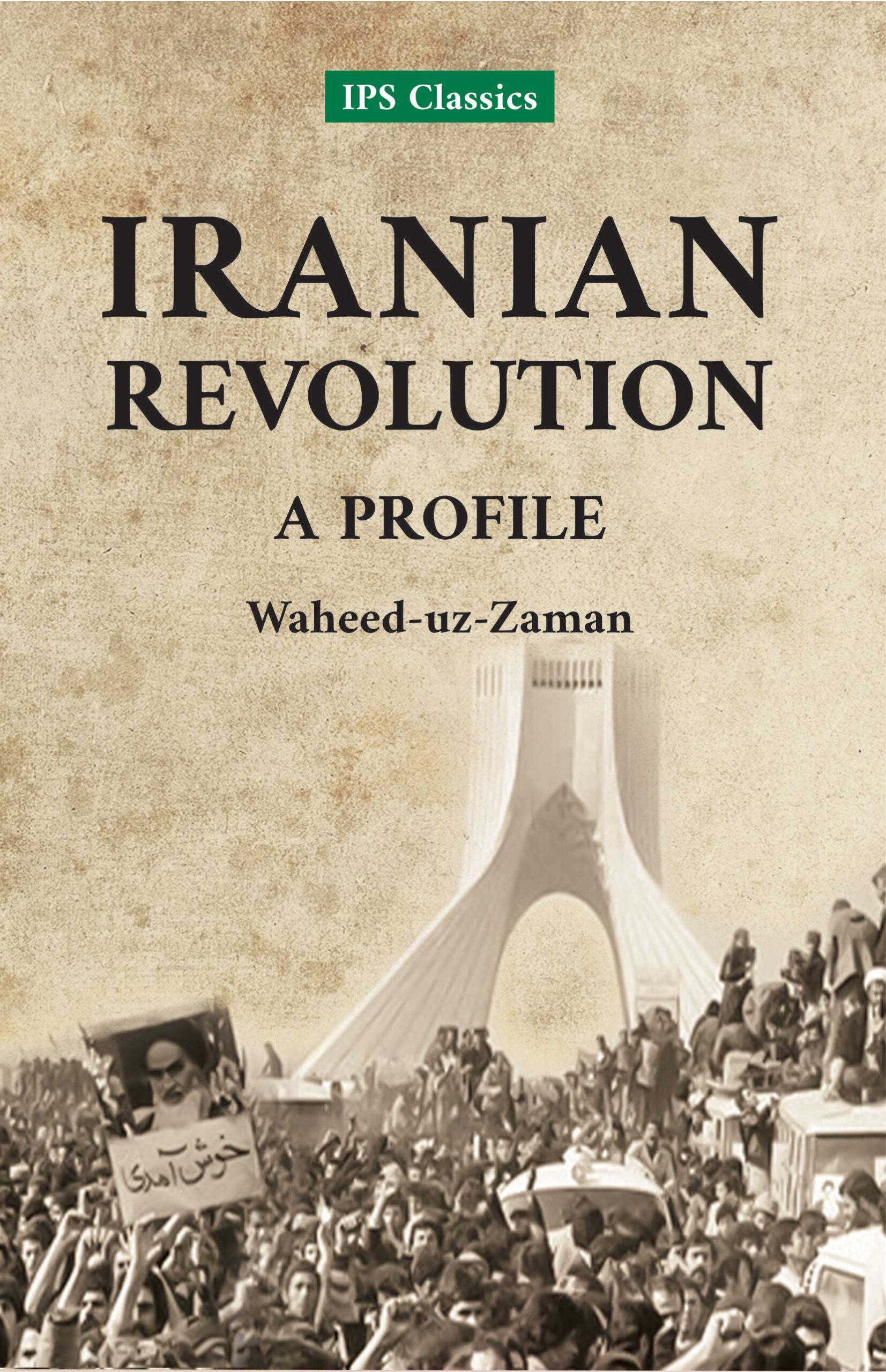
|
About the Book
The Iranian Revolution was a mass upsurge that totally transformed the country by bringing together practically every section of the society to replace the secular Pahlavi monarchy and overthrow the entire political, cultural, economic, and social apparatus that, in one form or another, had persisted for 2,500 years. It differed from the earlier great revolutions – the French in 1789, the Russian in 1917, and the Chinese in 1949 – not only in content but also in inspiration. Unlike any of them, the Iranian Revolution was led by the ulema, who looked back to their past as a model for their future. This book looks at the revolution as it passes through various phases, the salient developments during Pahlavi’s rule, the open confrontation between the ruling elite and revolutionary elements until the overthrow of the monarchy and return of Khomeini, factors and forces that facilitated the success of the revolutionary upheaval, the democratic process, the dramatic seizure of the American embassy, and, lastly, the power struggle that started after the success of the revolution. This book, first published in 1985, is an essential reading for all students and scholars interested in Iran and the revolution.
About the Author
Waheed-uz-Zaman (January 2, 1927-October 1, 1988) was among the first generation of Pakistani social scientists. Educated at the Punjab and Toronto universities, the academic and historian taught at Gordon College, Rawalpindi, University of Peshawar, and Quaid-i-Azam University (QAU), Islamabad. He served as the first chairperson of the QAU’s Department of History (1973), dean of the Faculty of Social Sciences (1977), and acting vice-chancellor (1978). He was posted in Tehran as executive director of the Regional Cooperation for Development (RCD) Cultural Institute from 1979 to 1982. During his stay in Iran, he initiated research for this book and witnessed many of the events of that tumultuous period. He then served as director of the National Institute of Historical and Cultural Research, QAU, from 1982 till his death on October 1, 1988. The major works that he authored include Towards Pakistan (1964), Quaid-i-Azam Mohammad Ali Jinnah: Myth and Reality (1976), Quaid-i-Azam: The Founder of the Islamic State of Pakistan (Persian, 1981), and Iranian Revolution: A Profile (1985). His major edited works include The Quest for Identity (1975) and Islam in South Asia (published posthumously, 1993). A seminar hall was named after Dr. Waheed-uz-Zaman on the 50th anniversary of the QAU’s Department of History to commemorate his life and work.


